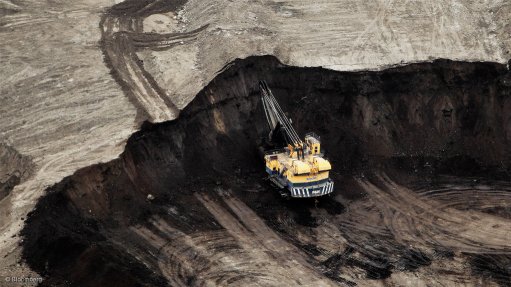
Photo by: Bloomberg
VANCOUVER (miningweekly.com) – The partners of the C$13.5-billion Fort Hills oil sands project, in Alberta, have resolved a commercial dispute, resulting in Suncor Energy increasing its ownership in the project to 53.06%, and Teck Resources upping its stake to 20.89%, from 50.8% and 20%, respectively.
The companies reached agreement with Total E&P Canada, with the new ownership reflecting increased funding from Suncor and Teck of about $300-million and $120-million, respectively.
This equates to about $69 330 per flowing barrel, corresponding with the additional working interests, which may be further adjusted under the terms of the agreement.
"We're pleased to have reached this agreement and taken a bigger stake in what is arguably the best long-term growth project in our industry," Suncor president and CEO Steve Williams said in a statement.
Fort Hills produced 6 000 bbl/d during fourth-quarter test runs and is expected to start full production in mid-January, when the first of three secondary extraction trains starts up, Suncor advised.
Fort Hills will produce 190 000 bbl/d and Suncor expects the plant to reach 90% of capacity by the end of 2018.
Suncor also said it produced 736 000 bbl/d of oil equivalent in the fourth quarter, in line with record output in the prior period.
With rising crude oil prices during the fourth quarter, Suncor's upstream realised prices were strong and thanks to its integrated business model, the company was minimally impacted by the significant widening of the light/heavy price differentials over the past few weeks. The Fort Hills startup coincides with supply outstripping Canadian pipeline capacity, and contributes to a increasing price discount for Canadian heavy crude compared with benchmark West Texas Intermediate.
Ideological environmentalist policies are threatening to shut the door on new pipeline construction to the the west through British Columbia, which could enable Canadian crude to reach developing markets in Asia.